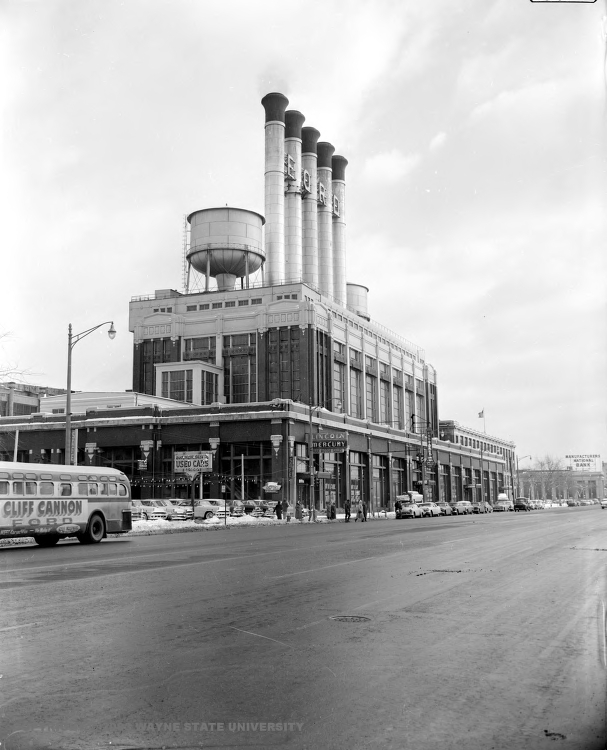

Now, coupled with the letter from Fifth Third Bank, the city’s financial doom appears sealed. Last November, Detroit’s Water and Sewerage Department sued Highland Park for its unpaid bills. Each year it fell behind in paying its water bills and so, in a final effort to bring its financials into balance, the council sent out a letter to all residents just before Christmas 2012, notifying them of their new program called WRAP - the Water Recalculation-Assessment Program - which included nasty surprises to many unsuspecting residents, such as requesting back-payments of up to $3,000.
HIGHLAND PARK MICHIGAN UPGRADE
In 2008, the city shuttered its own water treatment plant because it couldn’t afford the $9 million needed to repair and upgrade it and thus began buying water from Detroit. The city that used to be called “The City of Trees” is now the city without lights, and will soon be without water. Now we have to watch them even more closely.” Woodard added, “We had to watch our backs when we got out of our cars before. Council members asked their residents to leave their own lights on at night in order to take the place of the city lights and to reduce crime. The decision was called a “winning proposition” by council member Christopher Woodard, as it cut the bill to just $12,000 a month. In August 2011, the mayor and the council determined to cut its $60,000 monthly electric bill by eliminating some 2,000 streetlights - not just turning them off, but physically removing them - leaving just 500 still operational. The city was deemed strong enough a few years ago to return control to the mayor and the council. A number of such managers were appointed over the years, one of whom was fired in 2009 for stealing city funds.

The downturn accelerated to the point where then-Governor John Engler was forced to appoint an emergency financial manager to take over the operations of the city, in essence turning the mayor and the city council into merely advisors and observers. The company began shrinking its operations in the 1950s, and by 1973 Ford had moved away entirely, taking with it many direct and indirect jobs.īut the death knell for the city was rung when Chrysler removed its operations in the early 1990s, taking with it another 6,000 jobs and 25 percent of Highland Park’s tax base, which generated half of the city’s budget. Highland Park used to be the jewel in Detroit’s crown, with a population exceeding 50,000 during the Ford Motor Company’s heyday when it built its Model T and later its farm tractors there. The median household income in 2011 was just over $18,000, with 42 percent of the city’s residents living in poverty. The problem is obvious when looking at the mathematics: The city’s current budget is just $12 million and it ran up a $500,000 deficit last year. That doesn’t count the unfunded liabilities of the city’s union pension plans for its employees, nor the amount (undisclosed at present) that it owes to the three banks, but the total was estimated in November 2011 to be nearly $60 million. The city, covering four square miles inside the city of Detroit and populated by just 11,000 citizens, owes Detroit’s water and sewage department more than $18 million. This will force Michigan Governor Rick Snyder to choose between naming another emergency financial manager to remove management responsibility from the city’s mayor and city council and allowing him the chance to cobble together a plan to save the city, or allow it to declare bankruptcy immediately. The next check for $74,000, due by the end of the month, won’t be. The bank’s last check, in the amount of $168,000, was sent out last Wednesday. One of three banks sending checks to the city, Fifth Third said in its letter, dated December 12, that it is suspending the loans “based on the city’s and continuance of debt relating to, among other things, the city’s failure to pay amounts owed to the city of Detroit and the Detroit Water and Sewerage Department.” The final straw for Highland Park, Michigan, may have arrived in the form of a letter from Fifth Third Bank last month announcing it is ending its monthly checks that have provided life support for the Detroit neighborhood for the last three years.


 0 kommentar(er)
0 kommentar(er)
